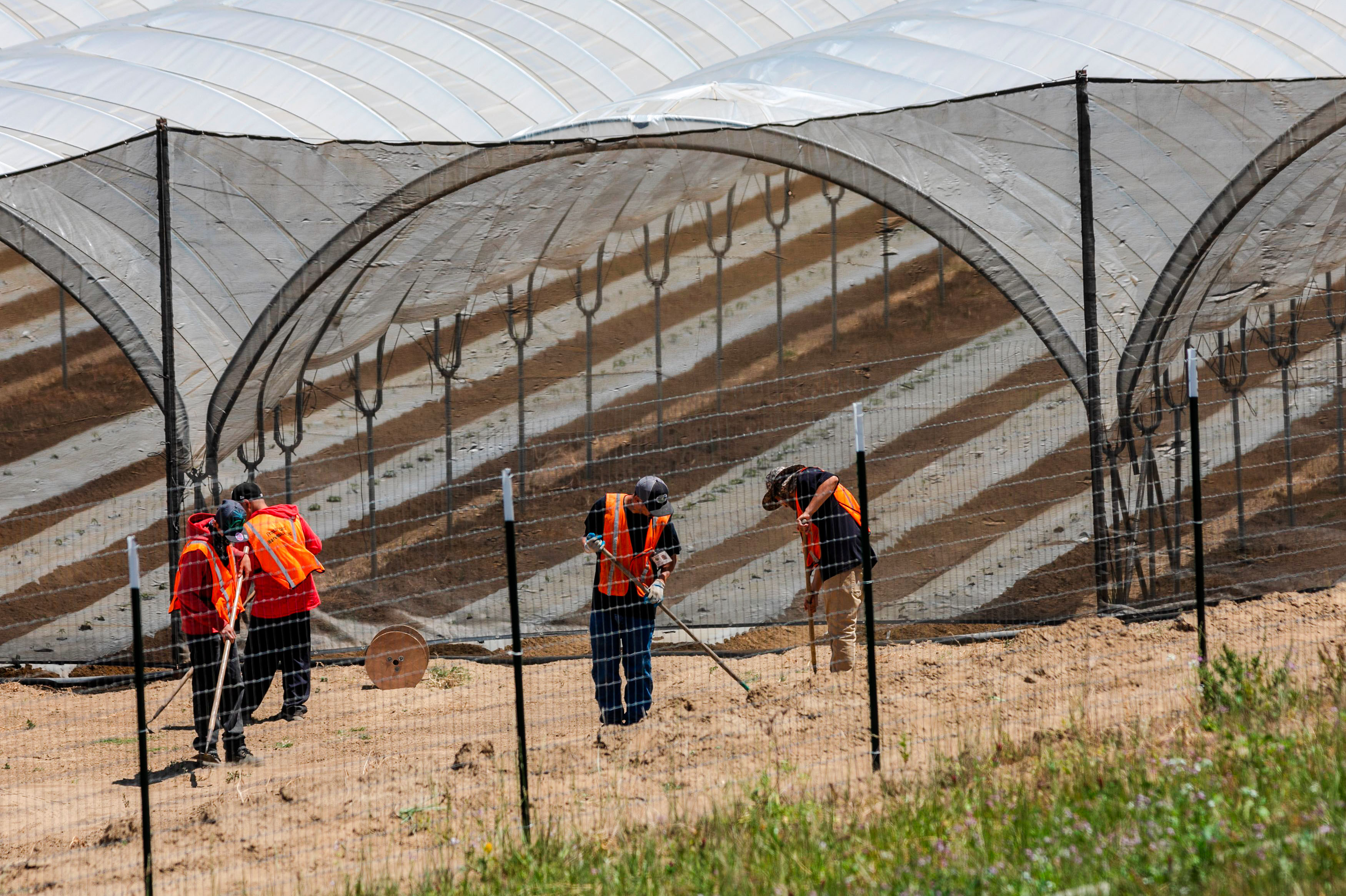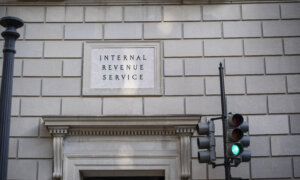A California appeals court has ruled that property owners cannot be forced to allow cannabis transportation over an easement on their land, even if a local government has licensed the cannabis operation, with the judges noting that California’s state-level approval of cannabis does not supersede federal prohibitions.
A three-judge panel at California’s Second District Court of Appeal ruled unanimously on Oct. 29 that JCCrandall, LLC, which owns a half-mile easement serving a neighboring property in Santa Barbara County, is within its rights to object to cannabis being transported across its land.
Citing federal cannabis restrictions, the court ruled that JCCrandall’s objections override the county’s issuance of a conditional use permit to Santa Rita Holdings, Inc., which sought to cultivate cannabis on 2.5 acres accessible only by way of the easement.
“Many Californians have high expectations that cannabis is legal in California. This is a reasonable assumption because Civil Code section 1550.5 says it is. We regret to inform that cannabis is illegal in California because federal law says so,” reads the opinion, authored by Presiding Justice Arthur Gilbert, with Associate Justices Kenneth Yegan and Hernaldo Baltodano concurring.
The ruling reverses a lower court decision that had upheld Santa Barbara County’s approval of the conditional use permit to cultivate cannabis on the land adjacent to the property owned by JCCrandall, who sued to keep the marijuana grower off it. In a petition that was denied by the lower court, JCCrandall argued that the use of the easement for cannabis activities was prohibited by both the terms of the easement deed and federal law and that state law required JCCrandall’s consent—which was not granted—for the grower to use the easement for cannabis activity.
The trial court denied the petition, finding that Santa Barbara County’s decision did not involve a fundamental vested right and so a “substantial evidence” standard applied to the case rather than one of “independent judgment” and that the county’s approval of the permit was supported by substantial evidence.
However, the appellate court disagreed with the trial court’s reasoning, determining that JCCrandall’s right to control access to its property is indeed a fundamental vested right. The court emphasized that this fundamental right includes the property owner’s ability to exclude others, especially for activities that violate federal law.
“The right to exclude others is the essence of the right of property ownership. The right existed prior to any administrative decision. It is a fundamental vested right,” reads the appellate court opinion, which found that the trial court applied the wrong standard of review. By requiring an independent judgment standard of review, the appellate court set a higher bar for the county’s decision-making process and found that the county’s reliance on state cannabis legalization conflicted with the federal prohibition under the Controlled Substances Act.
“We reverse because, under federal law, cannabis is illegal in California and everywhere else in the United States,” the judges wrote in the opinion. “The servient tenant’s objection on this ground is sufficient to defeat the CUP [conditional use permit]. That the possession and cultivation of cannabis has the imprimatur of legality in California is beside the point.”
The appellate court ruling, which could empower other property owners to prevent cannabis-related activities on their land, might have significant implications for California’s cannabis industry and the complex legal landscape where state and federal laws conflict. If other courts adopt similar reasoning, property access for cannabis businesses could face new restrictions in California, according to Jason Horst, managing partner of Horst Legal Counsel and former president of the International Cannabis Bar Association.
A spokesperson from the Office of County Counsel at Santa Barbara County told The Epoch Times in an emailed statement that it does not comment on pending litigation.
*This article has been updated with a response received from Santa Barbara County.














